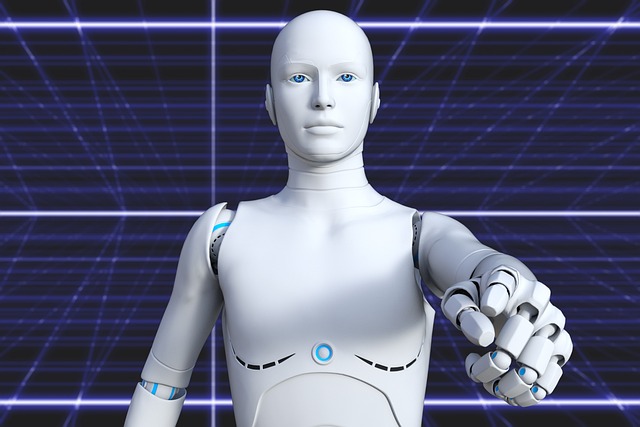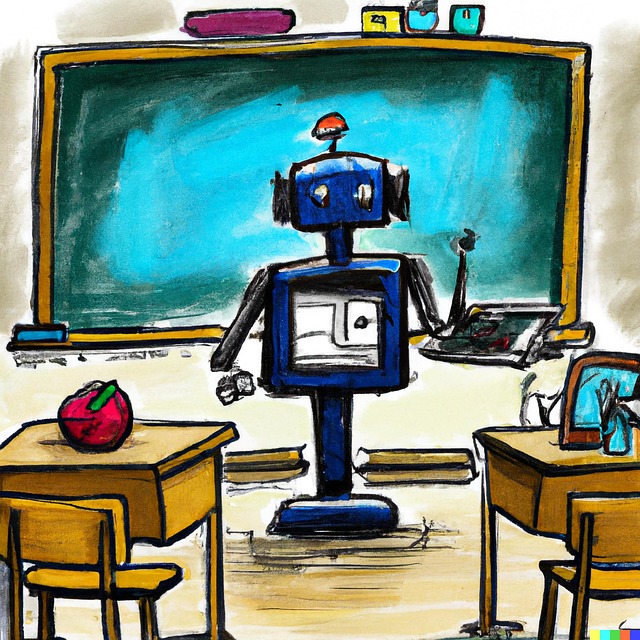# Unlocking New Frontiers: The Role of AI Technology in Advancing Global Solutions and Connectivity
Artificial Intelligence (AI) has emerged as a transformative force, reshaping industries and redefining the way we connect with one another. As the world grapples with complex challenges—ranging from climate change to public health crises—AI technology stands at the forefront, offering innovative solutions that promise to enhance global connectivity and improve the quality of life for millions. This article explores the multifaceted role of AI in advancing global solutions, examining its impact on various sectors and the potential it holds for fostering a more interconnected world.
## Revolutionizing Healthcare with AI
One of the most profound impacts of AI technology can be observed in the healthcare sector. The integration of AI into medical practices has not only improved diagnostic accuracy but has also enhanced patient care and operational efficiencies. For instance, AI algorithms can analyze vast amounts of medical data, identifying patterns that may elude even the most experienced professionals. This capability has led to breakthroughs in early disease detection, allowing for timely interventions that can save lives.
Moreover, AI-driven tools are streamlining administrative processes within healthcare systems. By automating tasks such as appointment scheduling, billing, and patient record management, healthcare providers can focus more on patient care rather than administrative burdens. As a result, the overall efficiency of healthcare delivery has improved, leading to better patient outcomes and reduced costs. The potential for AI to facilitate telemedicine has also expanded access to healthcare services, particularly in remote or underserved regions, thereby enhancing global health equity.
## Enhancing Environmental Sustainability through AI
In the face of escalating environmental challenges, AI technology is proving to be a vital ally in the quest for sustainability. Various applications of AI are being harnessed to combat climate change, optimize resource management, and promote sustainable practices. For example, AI can analyze climate data to predict weather patterns, enabling governments and organizations to make informed decisions regarding disaster preparedness and resource allocation.
Additionally, AI is playing a pivotal role in optimizing energy consumption. Smart grids, powered by AI algorithms, can analyze energy usage patterns and adjust supply accordingly, reducing waste and enhancing efficiency. This not only lowers energy costs but also contributes to a decrease in carbon emissions. Furthermore, AI-driven technologies are being utilized in agriculture to optimize crop yields while minimizing environmental impact. By analyzing soil health, weather conditions, and crop data, farmers can make data-driven decisions that enhance productivity while conserving resources.
## Fostering Global Connectivity through AI-Driven Communication
The advent of AI technology is revolutionizing communication, breaking down barriers and fostering global connectivity. Natural Language Processing (NLP), a subset of AI, enables real-time translation and transcription services, making it easier for individuals from diverse linguistic backgrounds to communicate effectively. This capability is particularly significant in a world that is becoming increasingly interconnected, where collaboration across borders is essential for addressing global challenges.
In addition to language translation, AI is enhancing the way we engage with information. Personalized content recommendations powered by AI algorithms ensure that users receive relevant information tailored to their interests and needs. This not only improves the user experience but also facilitates access to knowledge and resources that can empower individuals and communities worldwide.
Furthermore, AI-driven platforms are enabling remote collaboration, allowing teams from different parts of the world to work together seamlessly. With tools that facilitate virtual meetings, project management, and knowledge sharing, organizations can harness diverse perspectives and expertise, driving innovation and problem-solving on a global scale. As a result, AI is not just a technological advancement; it is a catalyst for building a more connected and collaborative world.
## Addressing Ethical Considerations and Challenges
Despite the myriad benefits that AI technology brings, it is essential to address the ethical considerations and challenges that accompany its implementation. Concerns regarding data privacy, algorithmic bias, and the potential for job displacement must be taken seriously to ensure that AI serves as a force for good. Policymakers, technologists, and ethicists must work together to establish guidelines and frameworks that promote responsible AI development and deployment.
Transparency in AI algorithms is crucial for building trust among users and stakeholders. As AI systems become more integrated into everyday life, understanding how decisions are made and ensuring accountability will be paramount. Additionally, efforts to mitigate bias in AI training data are essential to prevent perpetuating existing inequalities and discrimination.
Collaboration among governments, industries, and civil society is vital in addressing these challenges. By fostering an inclusive dialogue, stakeholders can develop solutions that maximize the benefits of AI while minimizing its risks. This collaborative approach will not only enhance the effectiveness of AI technologies but also ensure that they contribute positively to society as a whole.
## Conclusion: A Future Shaped by AI
In conclusion, the role of AI technology in advancing global solutions and connectivity cannot be overstated. From revolutionizing healthcare and promoting environmental sustainability to enhancing communication and collaboration, AI is unlocking new frontiers that hold the promise of a better future. However, as we embrace the potential of AI, it is imperative to remain vigilant about the ethical considerations and challenges that accompany its use.
By fostering a collaborative and responsible approach to AI development, we can harness its transformative power to address some of the most pressing issues facing humanity today. As we stand on the brink of a new era defined by AI, the opportunities for innovation and positive change are vast. The journey ahead will require commitment, creativity, and collaboration, but the potential rewards—a more connected, equitable, and sustainable world—are well worth the effort.











